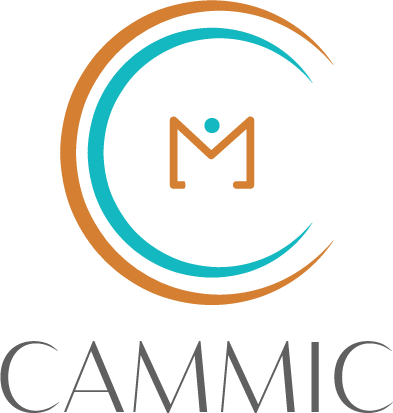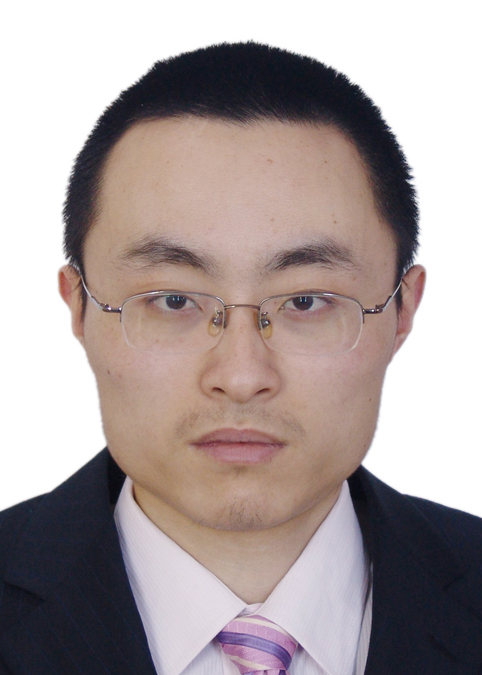

Prof. Yu-Dong Zhang

Prof. Yu-Dong Zhang
School of Informatics, University of Leicester, UK
2019 Highly Cited Researcher by Web of Science
Speech Tilte: Intelligent Computing for COVID-19 Diagnosis
Abstract
Intelligent computing is a rapidly advancing field in recent years. It is a set of nature-inspired computational methodologies and approaches to address complex real-world problems to which mathematical or traditional modelling can be useless. COVID-19 is a pandemic disease, which already caused more than 1.7 million deaths till now. This invited speak presents the recent intelligent computing progresses in COVID-19 diagnosis.
Biography
Prof. Yu-Dong Zhang received his BE in Information Sciences in 2004, and MPhil in Communication and Information Engineering in 2007, from Nanjing University of Aeronautics and Astronautics. He received the PhD degree in Signal and Information Processing from Southeast University in 2010. He worked as a postdoc from 2010 to 2012 with Columbia University, USA; and as an assistant research scientist from 2012 to 2013 with Research Foundation of Mental Hygiene (RFMH), USA. He served as a Full Professor from 2013 to 2017 with Nanjing Normal University. Now he serves as Professor with Department of Informatics, University of Leicester, UK. His research interests include deep learning and medical image analysis.
Prof. Zhang is the Fellow of IET (FIET), and Senior Members of IEEE and ACM. He was included in “Most Cited Chinese researchers (Computer Science)” by Elsevier from 2014 to 2018. He was the 2019 recipient of “Highly Cited Researcher” by Web of Science. He won “Emerald Citation of Excellence 2017” and “MDPI Top 10 Most Cited Papers 2015”. He was included in "Top Scientist" in Guide2Research. He is the author of over 200 peer-reviewed articles, including more than 30 “ESI Highly Cited Papers”, and 3 “ESI Hot Papers”. His citation reached 13719 in Google Scholar, and 8025 in Web of Science. He has conducted many successful industrial projects and academic grants from NSFC, NIH, Royal Society, EPSRC, MRC, and British Council.
